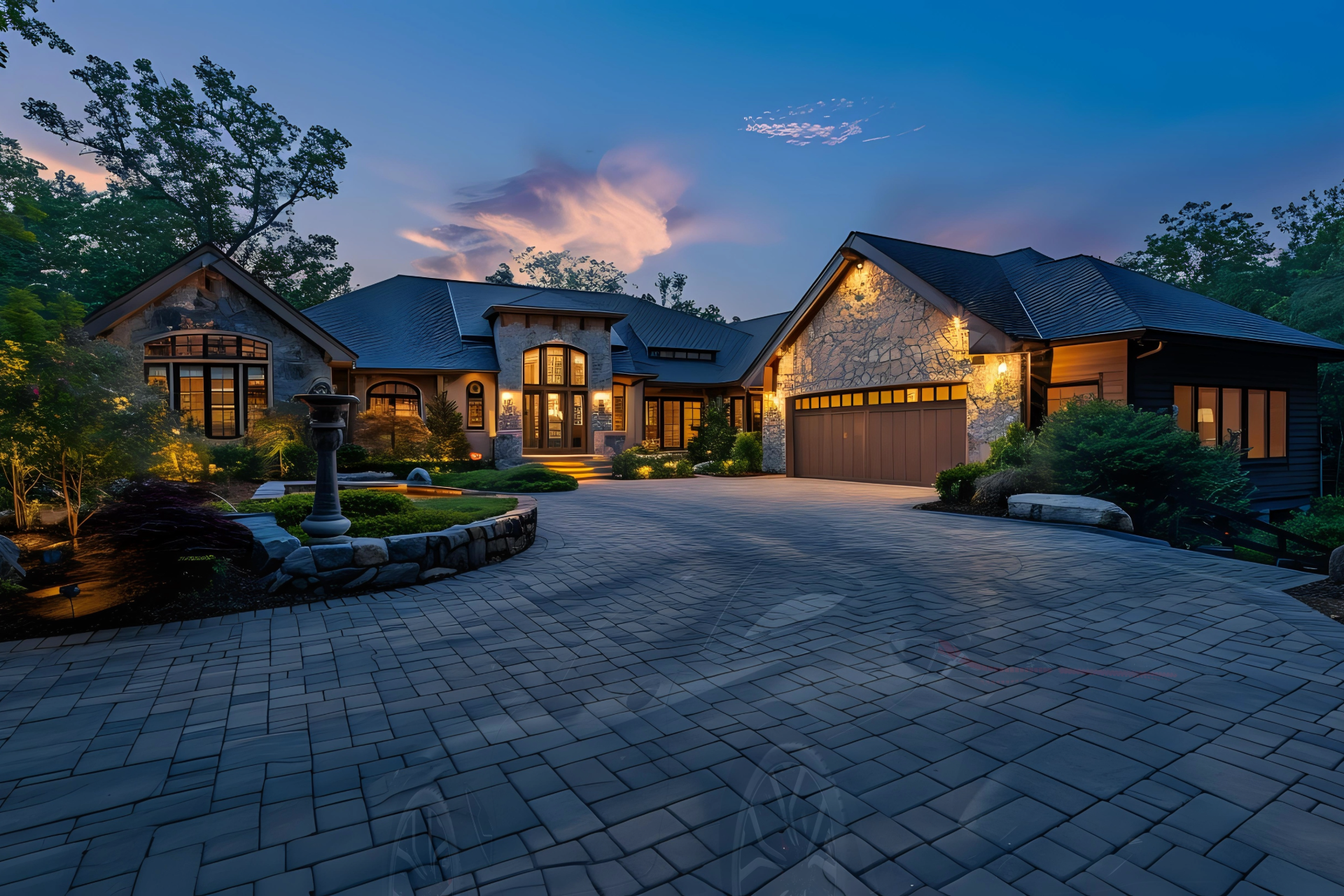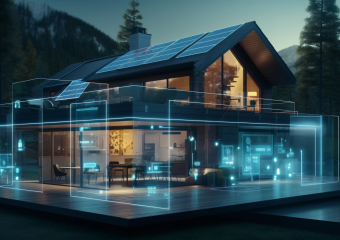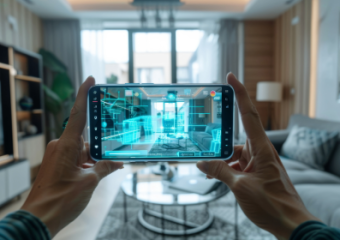Open House, Open Opportunity: How Events Drive Buyer Engagement
Open house events are more than just casual walkthroughs of a property; they represent a powerful strategy to foster buyer engagement and accelerate sales. In the competitive real estate market, where potential buyers have countless options, creating opportunities for direct interaction with a property can make all the difference. These events open the door—not just physically, but metaphorically—to meaningful connections between sellers and buyers, helping transform interest into commitment.
Why Open House Events Matter
Open house events serve multiple purposes beyond simply showcasing a home. They create a platform for prospective buyers to experience the atmosphere firsthand, allowing them to visualize living in the space, rather than just imagining it through photos or listings. This immersive experience can be a key motivating factor in the decision-making process.
Moreover, such events foster a sense of urgency and community. When buyers see others interested or engaged, it often triggers a fear of missing out (FOMO), encouraging quicker decisions. For sellers, this environment provides valuable immediate feedback and the chance to tailor their approach based on buyer reactions.
Driving Buyer Engagement Through Personal Interaction
One of the unique advantages of hosting an open house event is the opportunity to connect directly with buyers. Unlike online listings or scheduled private showings, open houses encourage spontaneous visits. This spontaneity can capture the attention of buyers who might not have planned to attend but become intrigued once they do.
Real estate agents and sellers can leverage this moment to engage visitors personally, answer questions on the spot, and highlight features that might not be immediately obvious. These interactions help demystify the buying process, build trust, and elevate the buyer’s confidence in their investment.
Creating an Inviting Atmosphere
The environment of an open house can significantly impact how visitors perceive the property. Simple touches such as fresh flowers, subtle background music, and well-placed lighting can transform a space into a welcoming home rather than just a structure for sale.
Staging plays a critical role here. Thoughtful furnishing and décor can help buyers imagine their own belongings in the home, making the property feel accessible and desirable. An inviting open house signals to buyers that this is a place where they can see themselves living and thriving.
Utilizing Technology to Enhance Engagement
In today’s digital age, combining traditional open house events with technology can multiply their effectiveness. For example, interactive floor plans, virtual reality tours, or QR codes linking to detailed property information can be integrated into the event. This not only provides additional layers of information but also captures buyer data in real time.
Social media promotions leading up to the event can expand reach, attract more visitors, and create buzz. Live streaming the open house or posting video highlights afterward can engage a broader audience who may not be able to attend in person, nurturing long-term interest and leads.
Measuring Success and Follow-Up Strategies
To fully capitalize on the opportunities that open house events create, it’s essential to have a system to track attendance and collect visitor information. Feedback forms, sign-in sheets, or digital check-ins help agents follow up effectively, transforming walk-ins into warm leads.
Post-event communication should be prompt and personalized. Sending thank-you notes, answering additional questions, or providing new listings tailored to the visitor’s preferences keeps engagement high and fosters a relationship beyond the event itself.
Conclusion: More Than Just a Showing
Open house events are a dynamic tool in the arsenal of real estate marketing, turning a simple showing into a multifunctional experience that drives buyer engagement. By creating a space that encourages exploration, conversation, and imagination, sellers and agents can open up new opportunities to connect with buyers on a deeper level.
Ultimately, these events highlight the human element of real estate—the excitement, dreams, and decisions that shape every sale. When done right, an open house is not merely about opening doors but about opening minds and hearts to the possibilities a new home holds.







